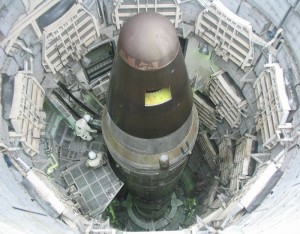I had a chance to talk to Bret Stephens of the Wall Street Journal Editorial Board on Sunday. In my opinion, Stephens is one of the most astute observers of the Middle East political morass who I have read. He is a young guy but he has spent several years in Jerusalem and knows Israeli-Arab relations as an insider.
Benjamin Netanyahu, former and current head of Israel, met President Barack Obama on Monday, and the big topic was what to do about Iran’s atomic weapon program.
Stephens feels that the U.S. must stop Iran now because it will have a weapon which can be placed on a missile by 2011 at the latest. He thinks that the U.S. should place severe sanctions on companies who sell refined gasoline to Iran. This action would kill the country’s economy because although Iran produces a lot of crude it lacks refining capacity, making it dependent on imports.
If the gasoline sanctions do not force cessation, he believes the United States or Israel must attack the three primary atomic development sites. I asked Stephens if he thought that such an attack would be successful. He said that the sites are heavily defended and hardened but they are still essentially big industrial factories which are vulnerable to a daring attack with the right weapons and creative sabotage.
An Iran attack could mean turmoil in the Persian Gulf and a confrontation in the Straits of Hormuz. The consequence of a nuclear armed Iran would probably be a nuclear Saudi Arabia, Egypt and Turkey—an even uglier scenario to contemplate.

